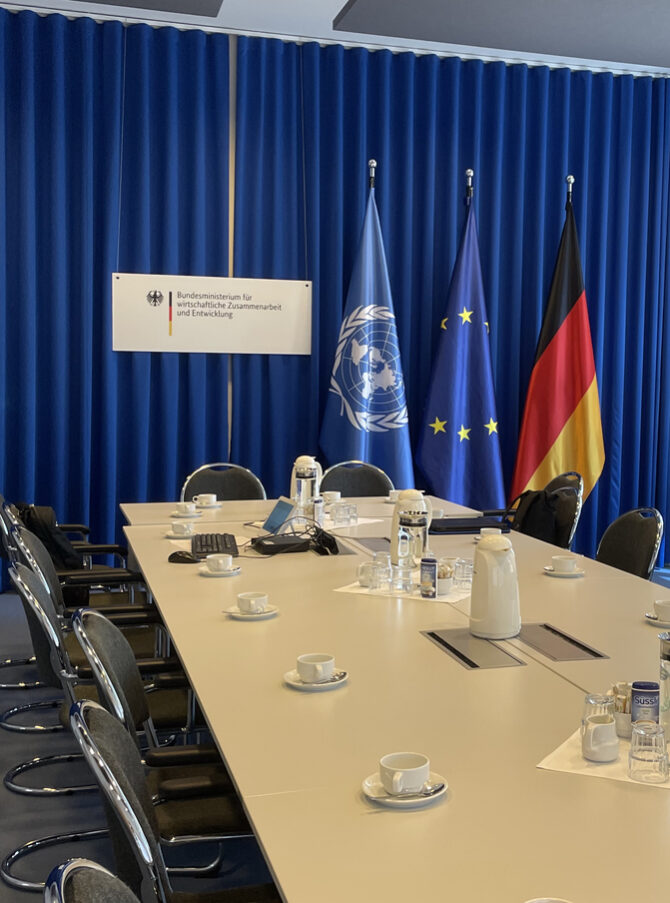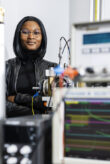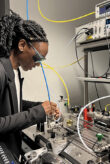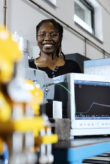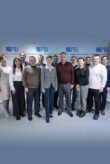The World Trade Organization (WTO) visited the Physikalisch-Technische Bundesanstalt (PTB) and the Federal Ministry for Economic Cooperation and Development (BMZ). PTB and the Trade Department of the Federal Ministry for Economic Cooperation and Development (BMZ) invited various stakeholders from industry, politics and civil society to Berlin on 6 July 2023 for a presentation and discussion on the topic of “The relevance of the World Trade Organization – How trade barriers are prevented, and fair world trade is made possible”. Erik Wijkström, Head of the Division Technical Barriers to Trade (TBT) of the World Trade Organization (WTO), was also among the guests.
Barriers to trade, standards and technical regulations: These terms are often heard when regional and international trade are discussed. But what are the differences between these terms, what is their significance for globalized international trade and what are the interfaces between trade and quality infrastructure (QI)? Erik Wijkström answered these questions during his visit to Braunschweig and Berlin and presented the work of the WTO.
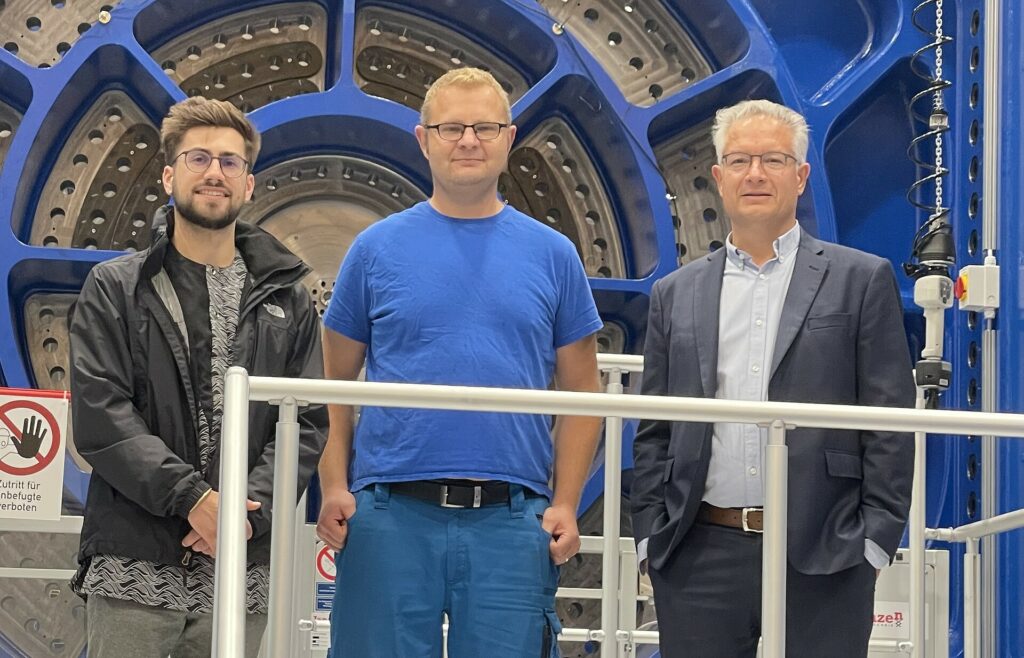
He described how fair and barrier-free global trade should be facilitated. Technical barriers to trade were a key aspect of his explanations. “They are not tariffs but take the form of mandatory standards and technical regulations, which are often used as a pretext for protectionism. They are becoming more and more relevant and play an increasingly important role in trade agreements,” said the Head of the TBT department.
He clearly pointed out that the role of many developing countries in the WTO has also changed. These countries have become more active and increasingly voice their concerns when it comes to debates on certain mandatory standards and technical regulations. He added that they were also interested in being more involved in the international standard setting process. In his conclusion, Mr. Wijkström emphasized that, contrary to charges that the WTO seeks to liberalize international trade, the WTO welcomes legitimate regulation by member states, for example when a member state wants to protect its population from products that are harmful to health or to prohibit the trade of certain products for religious reasons.
A particularly critical point — and one of the most frequent controversial issues in the field of technical barriers to trade — is the mutual acceptance of conformity assessments. This issue is directly supported by the improvement of PTB’s development cooperation measures.
In addition to the substantive discussion, the agenda of his visit to PTB in Braunschweig included a laboratory visit to the new Competence Center for Wind Energy, which provided insight into the practical work of PTB.
Images © Guillaume Robardet


